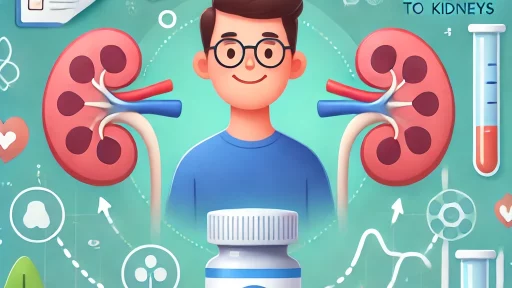A Surprising Link Between Heart Health and Brain Health
Scientists have found a potential new benefit of common heart medications: they may help reduce the risk of dementia in older adults. This discovery offers hope for addressing one of the most challenging conditions affecting millions worldwide.
Long-Term Use Reduces Risk
Research conducted by Karolinska Institutet in Sweden examined the health records of individuals aged 70 and above. They observed that long-term use (five years or more) of cardiovascular drugs—such as those for high blood pressure, cholesterol, and blood thinning—was linked to a reduced risk of developing dementia. Moreover, combining these medications appeared to amplify their protective effects.
Fighting a Growing Epidemic
Dementia, including Alzheimer’s disease, leads to memory loss and cognitive decline, affecting millions globally. With no cure currently available, prevention is critical. This study suggests that existing heart medications could play a dual role, not only improving cardiovascular health but also protecting brain function.
Risks and Future Research
While the findings are encouraging, researchers stress the need for more studies to fully understand how these medications impact brain health. Interestingly, some drugs, like antiplatelet medications, may carry risks, such as contributing to microbleeds in the brain. These findings underline the importance of personalized medicine when considering treatment options.
Heart-Brain Connection Unveiled
This research highlights the deep connection between heart and brain health. As scientists uncover more links, there’s potential to use existing treatments to address multiple health challenges. This could be a game-changer in preventing dementia while managing cardiovascular diseases.
Source: Karolinska Institutet





